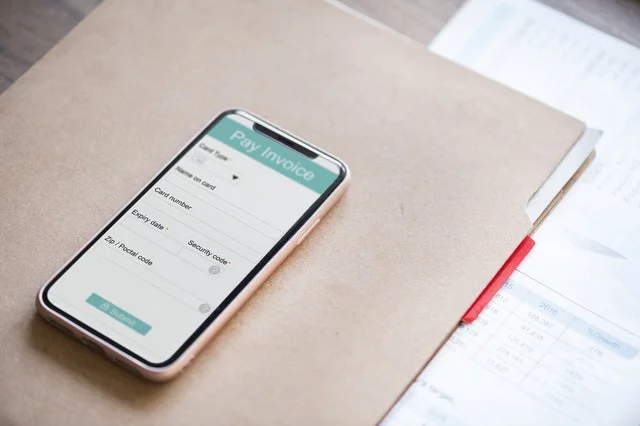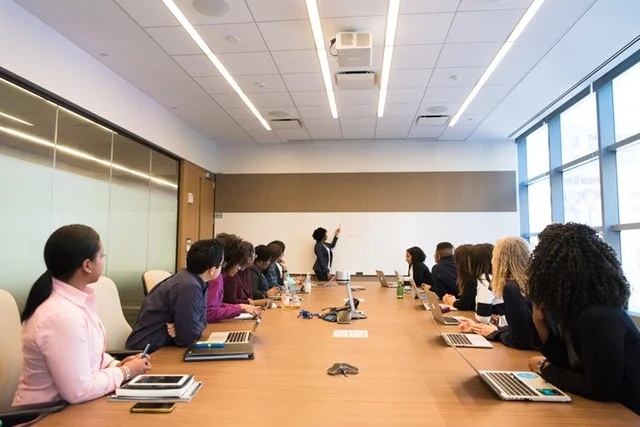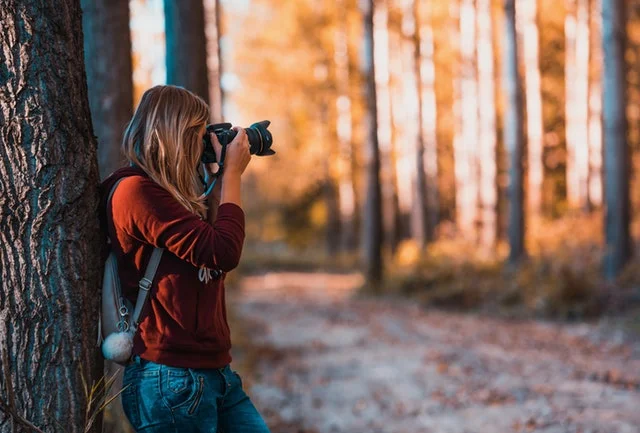Freelance Lessons from my Cosmopolitan feature
If you follow me on Twitter, you’ve probably seen my stream of tweets about black women whose hair has been searched by TSA. While passing through LaGuardia Airport in New York on my way back to Chicago, a black woman transportation security officer (TSO) patted my hair down. My hair, styled in a straight, low ponytail that day, was not searched at O’Hare Airport, so the LaGuardia Airport pat-down totally caught me off guard.
That pat-down led me down a research and FOIA request rabbit hole, which led to this investigative feature for Cosmopolitan. The story spread pretty far on Twitter.
All told, I started researching and pre-reporting the feature in January 2017; it was finally published last week. So, after months of reporting, writing and revising, here are some takeaways I learned while crafting my first big investigative story:
As the workload grows, so should your check.
When Cosmopolitan first commissioned the article, they offered me a flat fee for a 1,200 article, though I had originally thought the article would be more than 2,000 words. When it was all said and done, the article was more than 3,000 words. In the middle of the editing process, I requested an increase on my original fee, to which the magazine agreed. Some part of me thinks I might have sold myself short, but I am glad that I asked for a higher rate at all. If your workload increases from the original expectation, you could secure a higher rate for that extra effort. Don’t be afraid to ask.
Be organized.
The fact-checking process will be easier if you organize your source materials. If it’s helpful, make a copy of your draft and make notes using the track changes feature in Word or comments feature in Google Docs. Note when quotes are said within recordings, what page number and paragraph you can find specific facts. The first set of documents I requested contains more than 600 pages of material. Making notes within the document itself as well as in my old drafts helped me to find facts fast.
Keep copies.
For this project, I kept multiple copies of the documents I would need to share with my editor and fact-checkers. Keep your own digital copies as well as copies within the cloud. I had a rather unfortunate experience where I lost two-hours of fact-checking work thanks to the lovely Microsoft OneDrive. Thank goodness for Open Office.
Read the comments at your own risk.
One of the best, yet somber parts of the story being published was hearing from black women across the country who shared their hair pat-down stories. But of course, there are people who will inevitably attack your work, no matter how thorough you try to be. While I find it respectful debate perfectly fine, tune out the people who call you out of your name or insult your intelligence. Social media is fine at times, but you’ve got to protect your peace. And if necessary, turn off your notification.
Be patient.
It’s going to take time to report these kinds of stories. I usually work on them in addition to working on other, quicker pieces. Plus, your editor will be working on other projects in addition to yours. And, depending on when you file FOIAs or gather other investigative materials (FILE FOIA REQUESTS RIGHT AWAY!), it may take time to gather all of the necessary information. Be diligent when following up with government agencies, but know that it’s going to take to a while to gather everything you need. But trust me, it’ll all be worth it in the end.
What tips do you have for executing investigative features as a freelancer? Tell me in the comments or email me at contact@thefreelancebeat.com.





